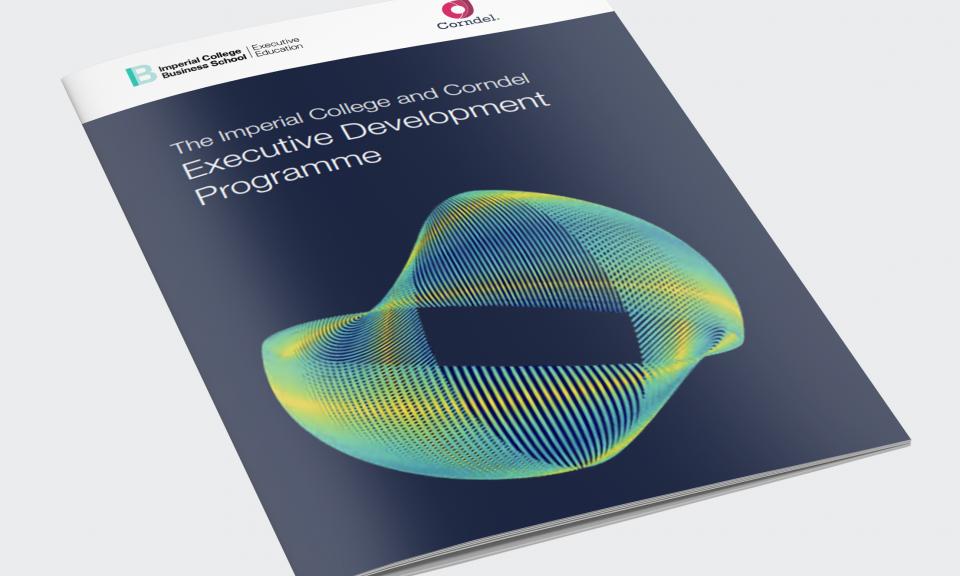 ‘
‘
Students from white British backgrounds are often holding themselves back by making poor educational choices, with many shutting themselves out of better careers as a result, according to a study for the government’s social mobility watchdog.
Researchers found that as much as half of the gap in admissions to highly selective Russell Group universities between children on free school meals (FSM) and their better-off peers could be a result of factors beyond academic ability.
The analysis published by the Social Mobility Commission, headed by former Labour minister Alan Milburn, found that pupils with the same GCSE grades differed markedly in their later progress, with white British students from deprived backgrounds in particular choosing weaker academic subjects and institutions, and less likely to attend higher education than their better-off peers.
Milburn, who chairs the commission, said: “When low income youngsters from the same area with the same school results are progressing less than their better-off classmates, that is not about lack of ability. It is about lack of opportunity. The progression gap has many causes but it suggests something is going badly wrong in our education system.”
The lack of proper careers advice and the complexity of post-16 education and training made it hard for those from lower income groups to “translate their attainment at school into qualifications that are well rewarded”, Milburn said.
The researchers from the Education Datalab unit, which carried out the analysis, said pupils on free school meals “have marked differences in the post-16 choices they make that cannot be explained by inequalities in institutional availability”, compared with those in the same neighbourhoods with similar GCSE performance from wealthier households.
Rebecca Allen, Datalab’s lead author on the research, said the issue presented a dilemma for policymakers who wanted to improve educational results, if the groups involved avoided making the best choices they had available.
“One response is a behavioural one: try to understand their choices and nudge them into better ones,” Allen said. “The other is an authoritarian one – if they aren’t making academically stretching choices then shut down the choices they are able to make at 16.”
Only 21% of children on free school meals went on to study three A-levels, compared with 47% of their better off peers – with a third of the gap coming from choices made by students in the same areas with similar GCSE results.
“We estimate that as much as half of the FSM gap in Russell Group attendance – at 2% for FSM versus 10% for non-FSM – could be removed if we were able to equalise university access between pupils living in the same neighbourhoods and with similar GCSE attainment,” the researchers noted.
The report found that all other ethnic minority groups were “much more likely” to attend a school sixth form or sixth-form college, were more likely to take A-levels and in most cases were less likely to drop out of education after the age of 16.
Pupils from black or Pakistani and Bangladeshi ethnic groups were also more likely to stay in education than white British children despite having lower GCSE attainment.
But the report also showed that white British students, especially white British boys, fared unusually well in gaining admission to research-intensive Russell Group universities. Girls with the same GCSE results as boys were 17% less likely than boys to attend Russell Group universities, and white British pupils outdid all other ethnic groups other than Indians in attendance.
The report also highlighted the struggles faced by pupils living in areas with few or no school sixth forms, which meant they had restricted choices in carrying on with high-quality education after the age of 16.
The researchers speculated that sixth-form colleges offered a wider range of A-level courses, “increasing the chances that they study less traditional subjects”, making it more difficult to progress to higher education.
[Source:- Gurdian]















